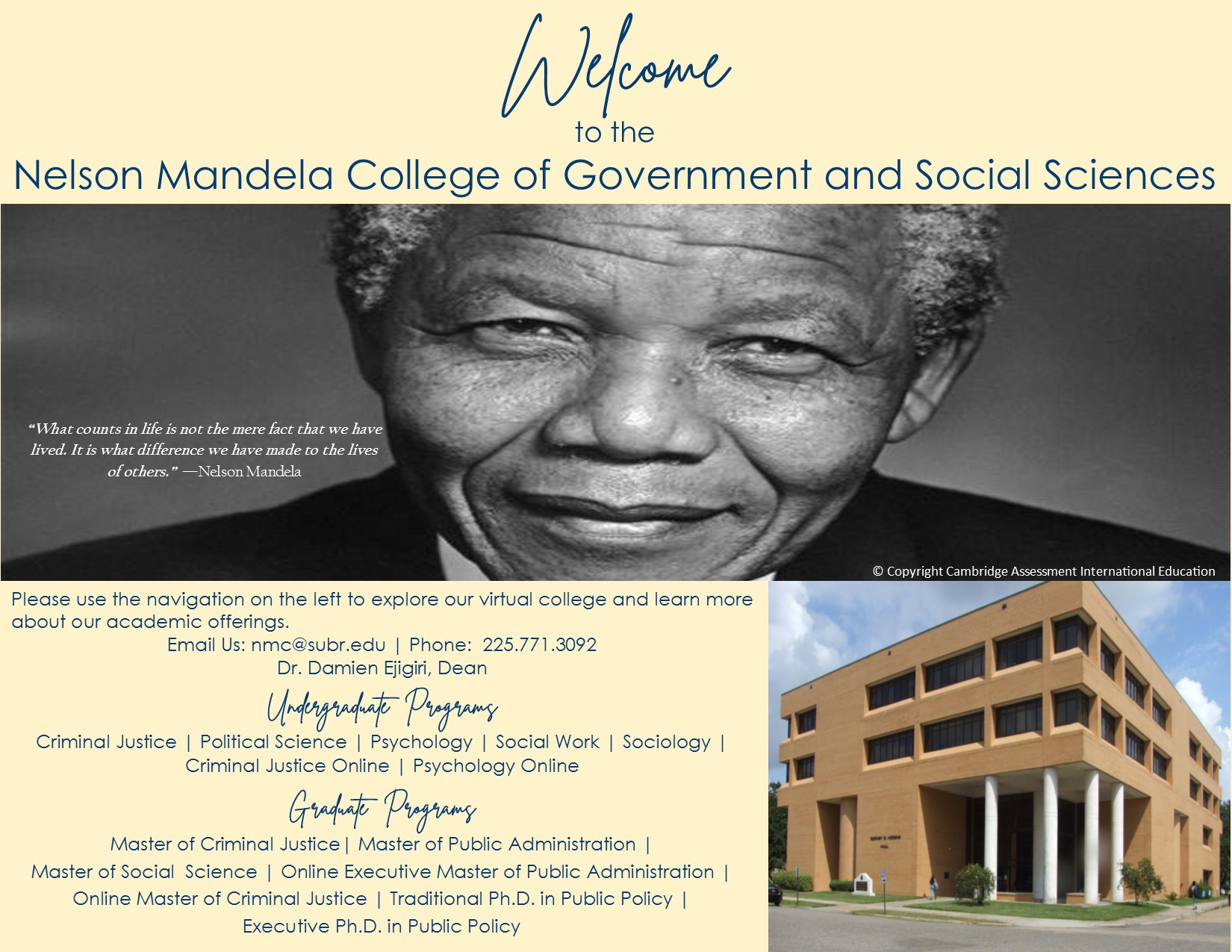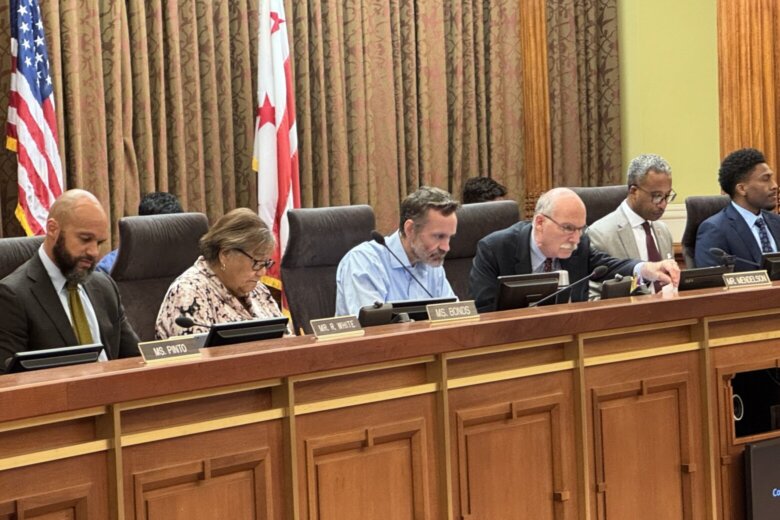International Criminal Court Verdict on Central African Republic War Crimes and Implications for Sustainable Development
Executive Summary
A report on the International Criminal Court (ICC) sentencing of Alfred Yekatom and Patrice-Edouard Ngaïssona for war crimes committed during the 2013-2014 civil war in the Central African Republic (CAR). The convictions address severe violations of international law and highlight significant challenges to the achievement of the Sustainable Development Goals (SDGs), particularly SDG 16 (Peace, Justice and Strong Institutions). The actions of the convicted individuals directly undermined peace, security, and the rule of law, while the subsequent trial represents a critical step towards accountability and justice for victims.
Judicial Findings and Accountability
The ICC’s Trial Chamber V found two former militia leaders guilty for their roles in attacks against the civilian population. The sentences are as follows:
- Alfred Yekatom: Sentenced to 15 years of imprisonment.
- Patrice-Edouard Ngaïssona: Sentenced to 12 years of imprisonment.
The court determined “beyond any reasonable doubt” that they led and facilitated brutal attacks, primarily targeting the country’s Muslim population, in reprisal for abuses by the Séléka rebel coalition. The trial, which commenced in February 2021, involved testimony from 114 prosecution witnesses and saw the participation of 1,965 victims through legal representation.
Violations in the Context of SDG 16: Peace, Justice and Strong Institutions
The crimes committed represent a profound failure to uphold the principles of SDG 16. The ICC’s intervention, however, serves as a mechanism to reinforce this goal.
Target 16.1: Reduce all forms of violence
The actions of the convicted directly contravened this target through a systematic campaign of violence. Mr. Yekatom was found responsible for crimes including:
- Murder
- Torture
- Forcible transfer and deportation
- Persecution
- Directing an attack against a building dedicated to religion
Target 16.3: Promote the rule of law and ensure equal access to justice
The convictions of both men mark a significant advancement for international justice. Mr. Ngaïssona was convicted for aiding and abetting crimes that subvert the rule of law, such as:
- Persecution
- Forcible displacement
- Cruel treatment
The trial itself provided a platform for justice for the nearly 2,000 victims who participated, affirming the principle of accountability.
Broader Implications for Sustainable Development
The conflict and the nature of the crimes have wider repercussions across the 2030 Agenda for Sustainable Development.
- SDG 10 (Reduced Inequalities): The deliberate targeting of Muslims, based on a perception of collective guilt, exacerbated sectarian divisions and undermined social cohesion and equality. The Chamber noted that while religion was instrumentalised, witnesses testified that Muslims and Christians had lived peacefully together prior to the conflict.
- SDG 11 (Sustainable Cities and Communities): Attacks on the capital, Bangui, and the forcible transfer of populations directly threaten the safety, inclusivity, and sustainability of human settlements.
- SDG 4 (Quality Education): Mr. Yekatom established a base at a school in Yamwara, demonstrating how conflict disrupts essential services and denies children a safe environment for learning.
- SDG 3 (Good Health and Well-being): The crimes of murder, torture, and cruel treatment are fundamental violations of the right to physical and mental health.
Analysis of Sustainable Development Goals in the Article
-
Which SDGs are addressed or connected to the issues highlighted in the article?
The primary Sustainable Development Goal addressed in the article is SDG 16.
-
SDG 16: Peace, Justice and Strong Institutions
This goal is central to the article, which focuses on the international legal response to extreme violence and conflict. The text details the conviction of two individuals by the International Criminal Court (ICC) for war crimes and crimes against humanity, including murder, torture, and persecution. This directly relates to SDG 16’s aim to “Promote peaceful and inclusive societies for sustainable development, provide access to justice for all and build effective, accountable and inclusive institutions at all levels.” The trial and sentencing represent a clear effort to establish justice, hold perpetrators accountable, and strengthen the rule of law at the international level in response to the civil war in the Central African Republic (CAR).
-
-
What specific targets under those SDGs can be identified based on the article’s content?
Several targets under SDG 16 are relevant to the events described in the article.
-
Target 16.1: Significantly reduce all forms of violence and related death rates everywhere
The article explicitly discusses the context of extreme violence. It mentions “brutal attacks against civilians,” that “Thousands of people were killed in the violence,” and lists crimes such as “murder” and “torture.” The legal proceedings are a response to this violence, and holding perpetrators accountable is a key mechanism for deterring future violence and reducing conflict-related death rates.
-
Target 16.3: Promote the rule of law at the national and international levels and ensure equal access to justice for all
This target is directly addressed. The entire article is about the functioning of the ICC, an international institution promoting the rule of law. The conviction of Alfred Yekatom and Patrice-Edouard Ngaïssona for their crimes demonstrates the application of international law. Furthermore, the mention that “A total of 1,965 victims participated in the trial through legal representatives” highlights the provision of access to justice for those affected by the conflict.
-
Target 16.b: Promote and enforce non-discriminatory laws and policies for sustainable development
The article notes that the attacks were directed at “civilians – primarily from the country’s mainly Muslim Seleka population” and that the convicted men targeted Muslims due to “collective guilt for Seleka abuses.” The conviction for the crime of “persecution” is a direct enforcement of laws against discrimination, reinforcing the principle that targeting groups based on religion is a violation of international law.
-
-
Are there any indicators mentioned or implied in the article that can be used to measure progress towards the identified targets?
Yes, the article contains information that can serve as qualitative and quantitative indicators for the identified targets.
-
Indicators for Target 16.1 (Reduce Violence)
An implied indicator is the number of conflict-related deaths. The article states that “Thousands of people were killed,” which points to the high death rate that this target aims to reduce. The conviction itself serves as a qualitative indicator of actions taken to combat and deter such violence.
-
Indicators for Target 16.3 (Rule of Law and Access to Justice)
The article provides direct indicators. The number of individuals successfully prosecuted and sentenced for war crimes (“Alfred Yekatom and Patrice-Edouard Ngaïssona received prison sentences of 15 and 12 years”) is a clear measure of the justice system’s effectiveness. Additionally, the number of victims participating in legal proceedings (“1,965 victims participated in the trial”) is a quantitative indicator of access to justice.
-
Indicators for Target 16.b (Enforce Non-discriminatory Laws)
A key indicator is the legal action taken against discriminatory violence. The conviction for the specific crime of “persecution” based on religious identity is a direct measure of the enforcement of non-discriminatory principles at the international level.
-
-
Create a table with three columns titled ‘SDGs, Targets and Indicators” to present the findings from analyzing the article. In this table, list the Sustainable Development Goals (SDGs), their corresponding targets, and the specific indicators identified in the article.
SDGs Targets Indicators SDG 16: Peace, Justice and Strong Institutions 16.1: Significantly reduce all forms of violence and related death rates everywhere. - Number of conflict-related deaths (Implied by “Thousands of people were killed”).
- Prosecution of individuals for violent crimes like “murder” and “torture”.
SDG 16: Peace, Justice and Strong Institutions 16.3: Promote the rule of law at the national and international levels and ensure equal access to justice for all. - Number of persons brought to justice and sentenced for war crimes (2 individuals convicted).
- Number of victims participating in justice processes (1,965 victims participated).
SDG 16: Peace, Justice and Strong Institutions 16.b: Promote and enforce non-discriminatory laws and policies for sustainable development. - Legal enforcement against discriminatory acts (Conviction for the crime of “persecution” against the Muslim population).
Source: news.un.org







